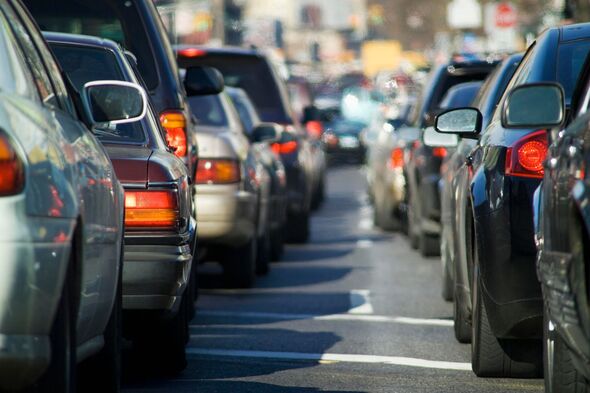
New drivers face new, stricter rules as the AA is pushing for the government to make changes in a bid to make UK roads safer.
The AA wants those in charge to implement a Graduated Driving Licence (GDL) scheme for under-21s—a system designed to curtail road risks by imposing specific limitations on new drivers. Among the plans is a ban on young new drivers having passengers of a similar age in the passenger seat for the first six months after they get their licence.
MP Kim Leadbeater introduced these concepts in Parliament with the Motor Vehicles (Driving Licences) (New Drivers) Bill earlier this year, putting forth a number of restrictive measures for the initial six months post-test, including a zero-tolerance policy on alcohol limits. “The Bill is not about taking away young people’s freedom or fun,” she insisted to the Commons.
“It is about trying to save their lives. By giving them the opportunity to build their experience and confidence during the first six months of driving after passing their test, we can try to ensure they have a happy lifetime of driving and the future that they deserve.”
The bill also proposes expanding the learning process for drivers in training, including gaining experience on rural roads and motorways as part of the official UK driving test. The Association of British Insurers has also expressed support for the bill but suggested that the age limit should be raised even further to include those under 25, rather than just under 21s.
Under current legislation, there are no separate rules in place for new and/or young drivers. However all new drivers are automatically under a two-year probationary period, during which if they rack up six points or more, their licence will be revoked.
The RAC previously supported the potentially new rules, with RAC road safety spokesman Simon Williams stating: “Young people, and especially young men, continue to be massively over-represented in road collision statistics, so introducing restrictions that are gradually reduced over the first few years of driving may be one of the measures needed to bring the dreadful numbers down.
“It’s important any graduated driver licensing scheme doesn’t disadvantage young people who depend on their cars for work, so a balance needs to be struck between new drivers gaining the mobility they need while keeping them as safe as possible.
“Introducing a minimum learning period, or number of learning hours, should be the very least of what is put in place. We believe there could also be merits in restricting the number of people young drivers are allowed to carry at certain times – most importantly at night – as well as putting in place a stricter or even a zero drink-drive limit.”
He also discussed making new driver plates mandatory as well as the consideration of technology to help insurance companies monitor a drivers’ behaviour.

















